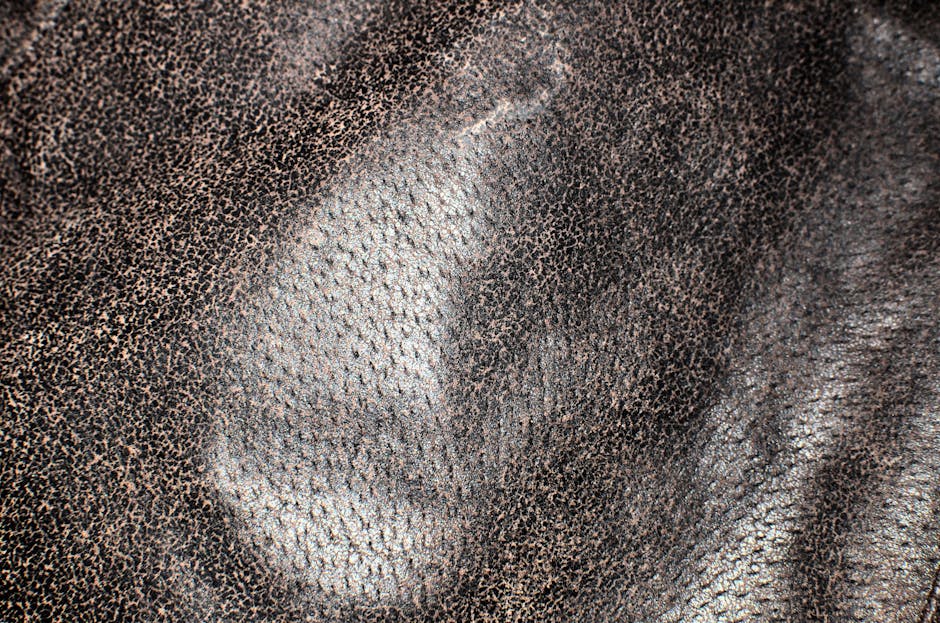Clear, radiant skin is a common desire for individuals of all ages. While genetics play a role, there are many factors within our control that can significantly improve our skin's appearance. From proper cleansing to targeted treatments, this guide will provide you with a comprehensive understanding of the essential steps to achieving clear skin.
**1. Establish a Consistent Cleansing Routine:**
The foundation of clear skin lies in proper cleansing. Wash your face twice daily with a gentle cleanser designed for your skin type. Avoid harsh soaps or cleansers that strip your skin of its natural oils, leading to dryness and irritation.
**2. Exfoliate Regularly:**
Exfoliation removes dead skin cells, unclogs pores, and promotes cell turnover. Use a gentle scrub 2-3 times per week to reveal brighter, smoother skin. Avoid over-exfoliation, as it can damage your skin's natural barrier.
**3. Hydrate and Protect Your Skin:**
Moisturizing is crucial for maintaining skin health. Choose a moisturizer that suits your skin type and apply it daily to keep your skin hydrated and protect it from external aggressors. Additionally, use sunscreen every day to shield your skin from harmful UV rays.
**4. Treat Acne Effectively:**
Acne is a common skin condition that can cause blemishes and inflammation. Over-the-counter treatments containing salicylic acid, benzoyl peroxide, or sulfur can help reduce acne. For severe cases, consult a dermatologist for prescription medications or treatments such as chemical peels or laser therapy.
**5. Address Hyperpigmentation:**
Hyperpigmentation refers to dark spots or patches on the skin caused by sun damage, acne, or other factors. To address hyperpigmentation, use products containing ingredients like vitamin C, niacinamide, or kojic acid, which help lighten dark spots and even out skin tone.
**6. Pay Attention to Diet and Lifestyle:**
Your diet and lifestyle play a significant role in skin health. Limit processed foods, sugary drinks, and excessive alcohol consumption. Instead, focus on a balanced diet rich in fruits, vegetables, and whole grains. Adequate sleep and regular exercise also contribute to a clearer complexion.
**7. Manage Stress Effectively:**
Stress can trigger hormonal imbalances that lead to acne and other skin problems. Find healthy ways to manage stress, such as yoga, meditation, or spending time in nature. Reducing stress levels can improve your overall well-being and positively impact your skin's appearance.
**8. Seek Professional Help When Needed:**
If you struggle with persistent skin problems that do not respond to home remedies, do not hesitate to consult a dermatologist. They can assess your skin, identify underlying causes, and recommend personalized treatments to achieve clear, healthy skin.

